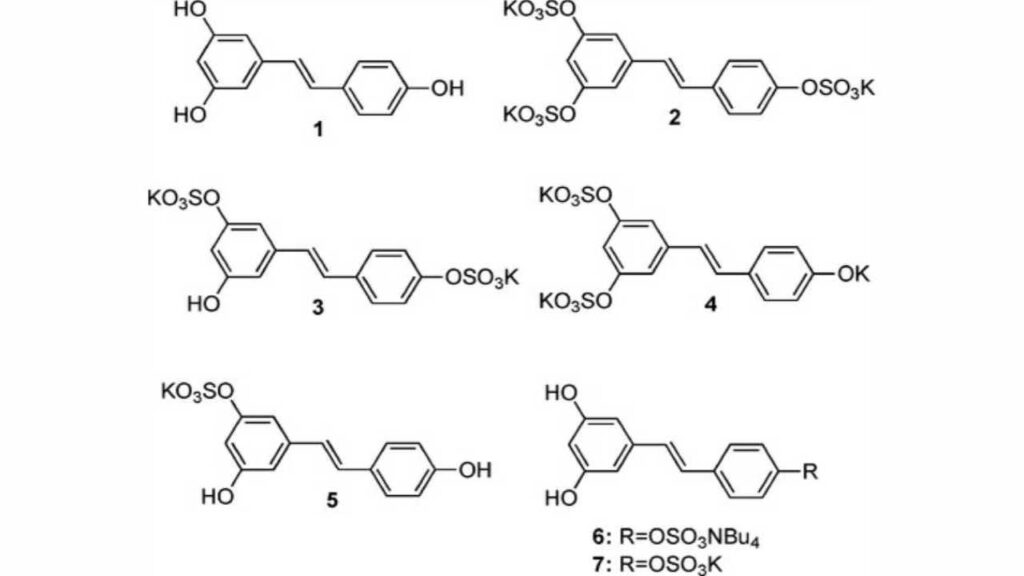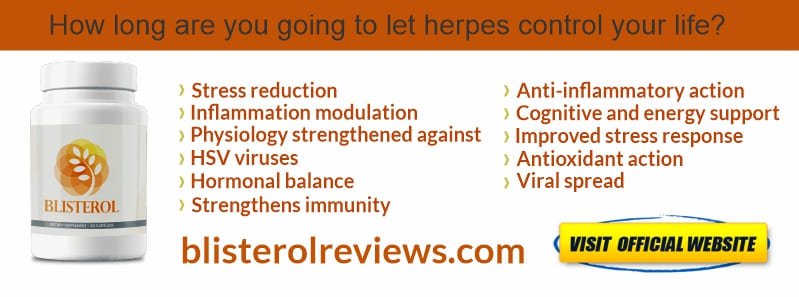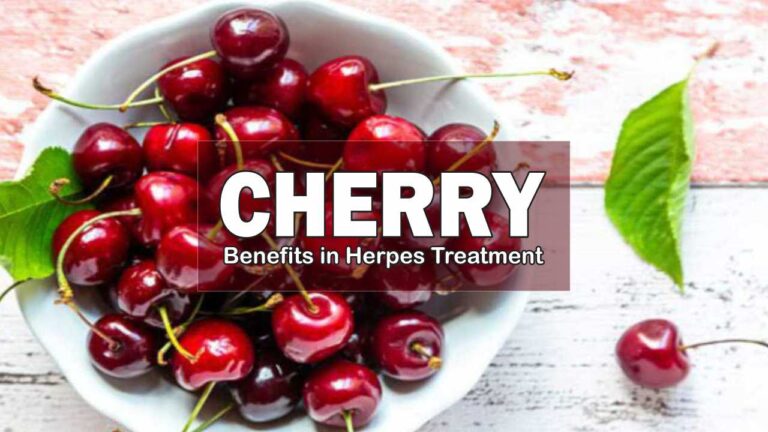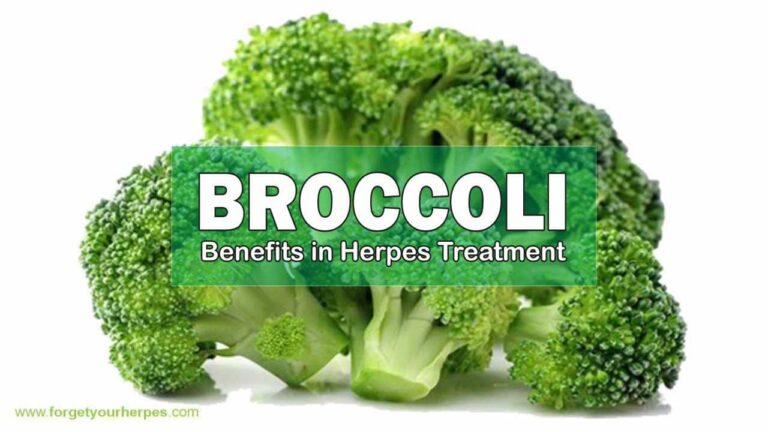Resveratrol is an organic antioxidant compound found in various plants such as grapes, blackberries, blueberries, raspberries, and peanuts. It is a type of polyphenol, which is a natural antioxidant that helps protect cells against oxidative damage caused by free radicals.
Resveratrol has been studied for its potential benefits in treating herpes and overall health, including its important antiviral and anti-inflammatory properties against the herpes virus. Additionally, some studies suggest that resveratrol may help prevent cardiovascular disease and certain types of cancer. Resveratrol can also be found in other food sources and dietary supplements.

Research on Resveratrol in the Treatment of Herpes
There are some studies that have investigated the potential of resveratrol as a treatment for herpes, although most of the studies have been conducted in animal models or in laboratory cells, and more research in humans is still needed to confirm the results.
A study published in the journal “Antiviral Research” in 2004 investigated the effect of resveratrol on cells infected with herpes simplex virus type 1 (HSV-1), which is one of the strains of the herpes virus. The researchers found that resveratrol significantly reduced herpes virus production in the cells and also decreased viral replication. They concluded that resveratrol may be a potential antiviral agent against HSV-1.
Another study published in the journal “Current Medicinal Chemistry” in 2013 reviewed the available scientific literature on the potential of resveratrol in the treatment of viral diseases, including herpes.
The authors noted that resveratrol demonstrated antiviral activity against HSV-1 and human herpesvirus type 8 (HHV-8) in animal models and in laboratory cells. They also observed that resveratrol has anti-inflammatory and immunomodulatory effects that may help control the immune system’s response to viral infections.
A more recent study published in the journal “BMC Complementary and Alternative Medicine” in 2017 evaluated the effect of resveratrol in mice infected with HSV-1. The researchers found that resveratrol significantly reduced the duration and severity of herpes outbreaks, as well as reducing the amount of virus in the lesions.
They concluded that resveratrol may be a promising therapeutic option for the treatment of Herpes HSV-1 in humans.
Although these studies indicate that resveratrol has therapeutic potential in treating herpes, further human research is required to confirm the findings.
Additionally, it’s important to remember that resveratrol doesn’t cure herpes and one should still follow recommended prevention measures.
Benefits of Resveratrol in the Treatment of Herpes
Here are some potential benefits of resveratrol to support the treatment of herpes:
Antiviral activity
Several studies have shown that resveratrol has antiviral activity against herpes simplex virus type 1 (HSV-1), which is one of the strains of the herpes virus.
This means that resveratrol may help prevent the replication of the virus, which can reduce the severity of outbreaks and the amount of virus present in lesions.
Anti-inflammatory effect
Resveratrol has anti-inflammatory properties that can help reduce inflammation associated with herpes. Inflammation can worsen herpes symptoms, so reducing it can help alleviate pain and speed up healing.
Immunomodulatory action
Resveratrol has immunomodulatory properties, which means it can help regulate the immune system’s response. This may be beneficial for people with herpes, who may have compromised immune systems, as resveratrol can help strengthen the immune response against the virus.
Low side effects
Resveratrol is generally considered safe and has low side effects at moderate doses. This means it may be a safe therapeutic option for people seeking alternative treatment options for herpes.
Which Foods Contain the Most Resveratrol
Many plants contain varying amounts of resveratrol, a polyphenol with potential for treating herpes. Here are some of the foods that contain the most resveratrol per serving:
Grapes
Grapes are one of the best natural sources of resveratrol. In particular, red and purple grapes contain more resveratrol than white grapes.
Eating grapes with skin can increase the amount of resveratrol consumed since resveratrol is found in the grape skin. One cup of grapes contains about 1.25 mg of resveratrol.
Red wine
Red wine is one of the most popular sources of resveratrol, especially for adults. Resveratrol is found in the grape skin, which is used to make red wine.
However, it is important to remember that alcohol consumption should be moderate and that excess alcohol can have negative health effects, especially for those with herpes virus.
One glass of red wine contains about 0.2 to 5.8 mg of resveratrol, depending on the type of grape and the wine-making method.
Blackberries
Blackberries are an excellent source of resveratrol and contain about 7.38 mg of resveratrol per cup. Blackberries are rich in vitamins, minerals, and antioxidants, making them an important food for supporting herpes treatment.
Peanuts
Peanuts contain small amounts of resveratrol, but they can still be a significant source, especially if consumed regularly. Peanuts contain about 0.01 to 0.26 mg of resveratrol per ounce.
Peanuts are also rich in protein, fiber, and healthy fats, making them a great snack for satiety and energy.
Blueberries
While they contain smaller amounts of resveratrol compared to other sources, blueberries can still be a good option for increasing resveratrol intake. One cup of blueberries contains about 0.35 mg of resveratrol.
Blueberries are rich in antioxidants and vitamins, making them a very good option for treating herpes and a tasty addition to your diet.
Summary
Remember that resveratrol is only one component of foods and you should balance its intake with other important nutrients. It’s always best to consume whole and varied foods to obtain a wide range of essential nutrients.
If you wish to supplement your resveratrol intake, it’s important to consult a healthcare professional to ensure that you are doing so safely and effectively.




